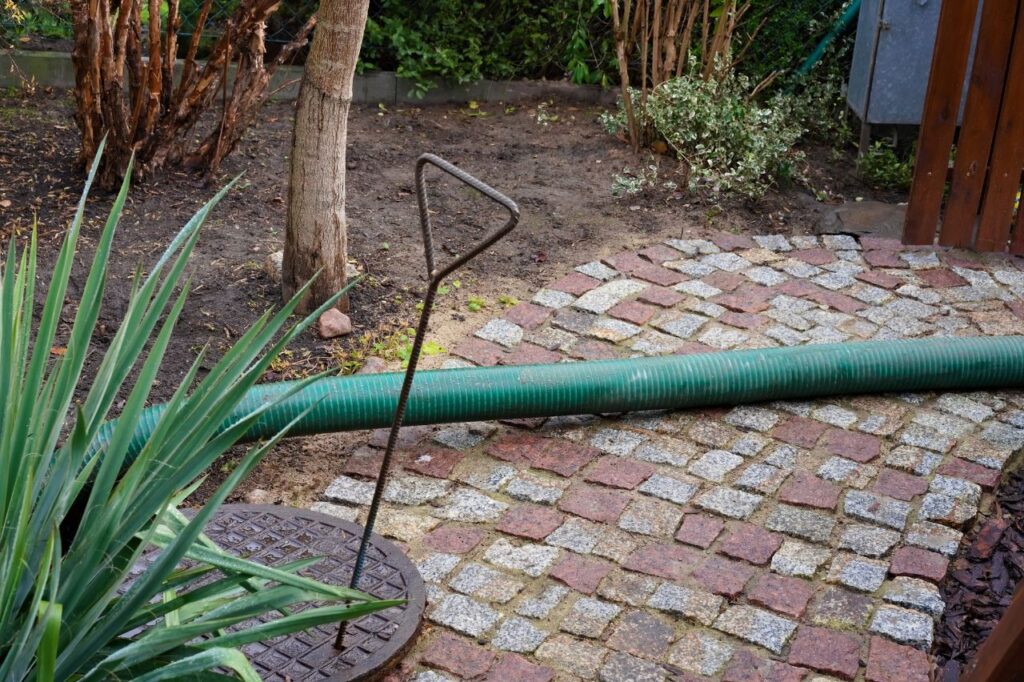An air pump is an important part of a septic system and helps keep it functioning properly. It works by pushing air into the wastewater in the tank, helping to accelerate decomposition of waste inside the tank and prevent clogs from forming. Learn more about how an air pump works and why it’s essential for keeping your septic tank free from blockages.
Table of Contents
ToggleWhat is a Septic Tank Air Pump?
A septic tank air pump is an important component of a septic system, designed to push air into wastewater in the tank. By oxygenating the wastewater in the tank, it helps break down any waste faster, preventing it from accumulating and causing clogs. This can help keep your septic system functioning properly over time and lower the risk of blockages and backup.
How Does a Septic Tank Air Pump Work?
A septic tank air pump usually consists of an electric motor and a compressor that pumps air into the tank through an aeration pipe. The level of oxygen in the water is then monitored using an air control system, which adjusts the amount of air being released to ensure your septic tank has enough oxygen but not too much. As the wastewater breaks down, it’s important to replace any environment-depleting compounds with fresh air from outside so that organic matter can decompose properly and at a quicker rate.
Why Is Having an Air Pump Essential For Your Septic System?
An air pump is essential to keep your septic system working properly and avoid costly repairs. By pumping in fresh air regularly, an air pump helps break down any organic substances that have built up in the tank, making sure solid waste and wastewater can flow freely through the drainage network. Additionally, this flow of oxygen helps prevent odors and supports microbial processes which are necessary for correct functioning of your septic tank.
How to Ensure Proper Usage and Maintenance of Your Septic Tank Air Pump?
Maintaining your septic tank air pump is essential to ensure it is working properly and not causing any damage. Make sure to follow these instructions from the manufacturer, including regular maintenance checks and proper usage. Additionally, avoid overworking your pump by avoiding large amounts of water usage in a short period of time and use products that can be broken down quickly in a septic system such as biodegradable detergents.
Benefits of Installing an Air Pump
An air pump, also known as an aerator, is a critical device used to ensure your septic system works efficiently. It helps break down and digest waste material faster, which keeps the system healthy and functioning properly. Additionally, it helps reduce odors by pushing out gasses that escape from the septic tank and prevents sewage backups. Finally, an air pump reduces energy costs associated with sewage treatment by ensuring wastewater is processed more quickly. Installing an air pump in your septic tank is the best way to maximize its performance!
Conclusion
Why is a septic tank air pump important? An air pump is a key component of a septic system, pushing in air to the wastewater inside. This helps speed up the decomposition of waste inside the tank, preventing clogs from forming and keeping the septic system functioning properly. It also helps replace any environment-depleting compounds with fresh air, allowing organic matter to decompose faster

